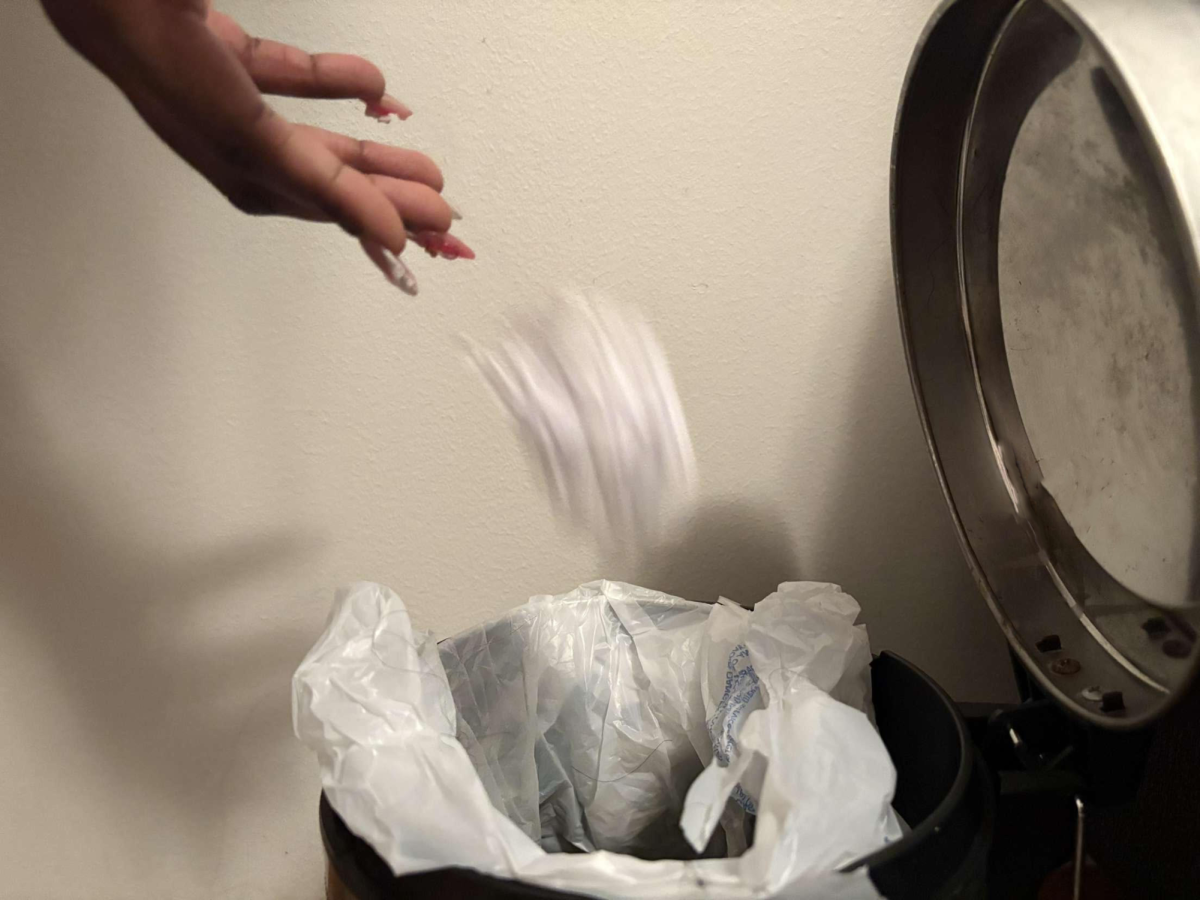Nothing triggers my anxiety quite like a grocery store checkout line. From getting my wallet, fishing my money out, handing it to the cashier, and collecting my change, I grow more flustered by the second. Concluding that shamefully long ordeal, the screen asks an insignificant question to many but leaves me stumped: Printed, Email, or No Receipt?
With modern technology, most people have this step of the checkout process on autopilot, mashing the button of their choice without a second thought. I find myself experimenting with buttons when the dimly lit card reader presents the question. Regardless of my choice, the purchase remains—much like the prices I have paid to prove my worth, often dismissed because of my race.
The printed receipt represents the physical aspects I have modified to be seen in a better light or gain nicer opportunities. Looking at myself in the mirror, I see hair, once filled with kinky curls, now brittle and damaged because of the copious amounts of heat continuously applied to it. I feel my arms and legs, covered with razor burns from swift movements, shaving night after night. The list trails on.
For as long as I can remember, I have yearned to fit in—to conform to a crowd that never had a space for me. Laughing at remarks about how ‘articulate’ I am and biting my tongue when friends mimic my mom’s accent are all done in hopes that the obvious differences between my peers and me would disappear. Despite these efforts, these disparities grew more apparent, and in an unintentional retaliation, I discovered myself morphing into a person I no longer knew. My personality now emulated an itemized list, with the items being the fragments of others’ identities—making the cost the loss of my sense of self.
Clicking the button to email my receipt permits me to still have a record of my purchases being made without the visible reminder the printed one might bring, allowing me to gaslight myself into believing the purchases never happened. This represents the subtler changes I have made to myself in order to quietly assimilate into an identity that was accepted by others. Lowering my tone to avoid being viewed as aggressive, picking the sandwich for lunch rather than the Nigerian food my mom made—all done in a melancholic attempt to erase my culture in order to rewrite one that did not make me feel so disconnected from everyone else.
Being first-generation did not help the situation either—how do I talk to my parents, who have laid down their lives for my success, about an issue that feels so unimportant in comparison? As an alternative, I immersed myself in my studies and extracurriculars in hopes of making them proud and avoiding these feelings. When they reemerge, I simply swipe them away like an email notification.
When choosing the option to discard a receipt, it takes away its value—accepting a price was paid and letting it go—rather than holding onto it to ponder over. I do recognize that I have paid physical and psychological costs in my life to get to the point where I am fully accepting of my race and culture, but through these challenges, they have given me strength.
I still have bad days—days when I long to pull the crumpled receipts of my past out of the trash and consider repurchasing items—but the growth that occurs after reminds me that going off track is okay as long as I refocus on my main goal. Rather than viewing these receipts as chronicles of hardship, I will see them as records of how far I have come.


